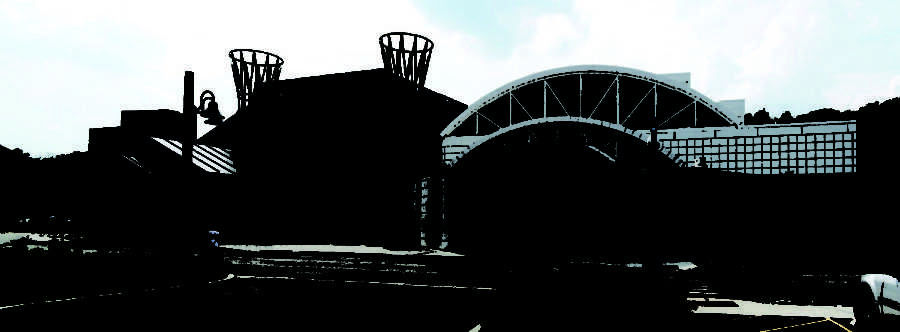October 5, 2010: Correction appended
The University and the Seminary Co-op bookstore are soliciting community input on building renovations as the Co-op prepares to move, making way for the Milton Friedman Institute for Research in Economics (MFIRE).
The University will hold a brown-bag lunch with Ann Beha Architects on Wednesday, October 6, at noon in Ida Noyes. Ann Beha Architects is the firm chosen to renovate 5757 South University Avenue, the future home of MFIRE and possibly the department of economics.
Jack Cella, general manager for the Co-op’s parent company, has begun meeting with Tigerman McCurry, the firm selected to design the bookstore’s new location at the McGiffert House on Woodlawn Avenue and 57th Street, and is asking for feedback from students.
Ann Beha Architects will lead the controversial “adaptive reuse” of 5757 South University Avenue. The firm has won a number of preservation awards for their renovation projects. Recent projects include the renovation and expansion of the glass-sheathed Currier Museum of Art in Manchester, NH, and the Cambridge Public Library, a Romanesque Revival building built in 1887.
Chicago-based architecture firm Tigerman McCurry was selected to design the bookstore by the Architect Selection Committee, a committee composed of University faculty, community members, a student representative, and Cella.
Tigerman McCurry has designed a number of postmodern buildings in Illinois, including the Holocaust Museum and Education Center in Skokie, IL, a collection of stark, metaphor-laden buildings.
Other buildings in its portfolio include Pensacola Place apartments, a North Side apartment complex topped by curved windows and an allusion to Ionic columns, and the Burnham Station apartments, composed of stacked glass cubes.
“It wasn’t an easy choice. Each of them had such great proposals,” said Jack Cella, general manager for the Co-op’s parent company. Tigerman McCurry declined to comment on potential redesign plans.
The Seminary Co-op of the future will be more roomy than its current home, featuring reading chairs and more open space. Other possibilities include a coffee shop and a backyard. “The University’s pretty intent on having a student-run coffee shop,” Cella noted.
Cella was particularly excited about the increased space that will be available to the bookstore in its new location. “There’s a lot of space. What we’re trying to replicate is the sense of a variety of different rooms and spaces, while making it less confusing for our visitors. I would like to have spaces that can be used for book clubs, student groups, and events.”
The Co-op has been in its present location, in the basement of the Chicago Theological Seminary, on University Avenue and 57th Street, since its founding in 1961.” This space has served the Co-op well,” said Cella. “We’ve been here for 49 years, but I think, right away, [the move] had so many possibilities. It’s much more accessible. The temperature can be controlled.”
Envisioning a long-term future for the bookstore, Cella said that the move will allow the bookstore to be more modern. “Content delivery is changing,” he said. “One way to respond is to see a bookstore as an intellectual community, a gathering space for people of different ideas.”
Cella hopes to have chairs spread around the bookstore, movable shelves for flexible space, and use of the backyard.
Tigerman McCurry has committed to weekly meetings with representatives of the Co-op, and Cella is asking for feedback from students. “The ownership structure is still the same: a community-owned bookstore. You’re the owner, I’m the owner, the President of the United States is the owner. If people have suggestions, the people here are anxious to hear them.”
—Additional reporting by Ella Christoph.









